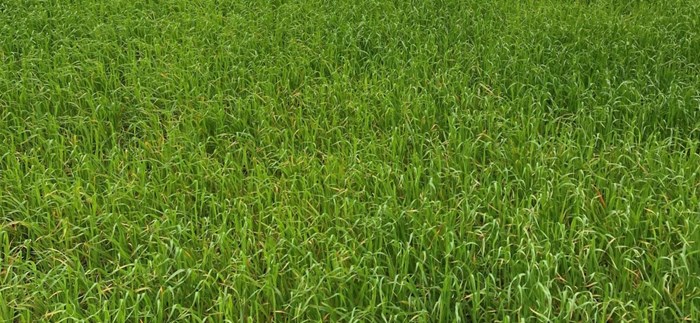- 15 December 2021

Black oats and vetch: An alternative forage crop option
One of our customers in the Scottish Borders recently enjoyed great success after sowing a crop of black oats and vetch.
In this blog, Feed & Small Seeds Manager Alasdair Ralston explains why it performed so well, the benefit it brought to the farm’s operations and why more farmers should be considering black oats and vetch as an alternative forage crop option.
Over the years, a customer of ours had been trying to use conventional forage brassicas but just couldn’t get them to yield in this particular field, or even establish in some cases.
Forage brassicas are quite sensitive as to where they can grow and, after MSP were asked to visit to conduct some analysis, it was recognised that there was club root disease in the soil. As a result, plans needed to be made to move away from forage brassicas, and black oats and vetch isn’t affected by club root disease.
The mixture also had to fit into a system after spring barley, while the farmer wanted to grow a forage crop to fatten lambs, so they weren’t as reliant on bought-in hard feed.
So, the crop was sown in the last few days in August and the speed of establishment was fantastic. The field in question was 1,000ft above sea level and would lie wet if there was any persistent rain. In terms of pH, the field wasn’t bad, but it wasn’t at target level.
However, that didn’t hinder the establishment and growth of the mixture. No bought-in feed was required and that was a huge bonus for the farmer, while the crop also didn’t require any fertiliser, which was very appealing given the current fertiliser market situation.

The photograph accompanying this blog was taken on October 14 and the lambs went into the field shortly afterwards. The farmer noted that the lambs took to the crop instantly and there were no grazing or palatability issues.
There were 290 lambs in the field in total and, by November 25, the farmer had sold 270 of them, remarking that the DLWG was good and they were very clean when they came off.
Additionally, the mixture also had to fit into the farm’s wildlife policy. It had to be clear by spring so it could leave stubbles for ground nesting birds. This crop will do exactly that. The characteristics of the black oats and vetch has also led to soil improvements, which will help biodiversity and the following crop, which will either be spring barley again or grass.
In short, this mixture has been sown in a field that’s not perfect but has exceeded all expectations, all while keeping costs down for the farmer.
If you’re interested in finding out more about black oats and vetch, contact Alasdair Ralston on alasdairralston@mspagriculture.co.uk or call 07764 896379.

